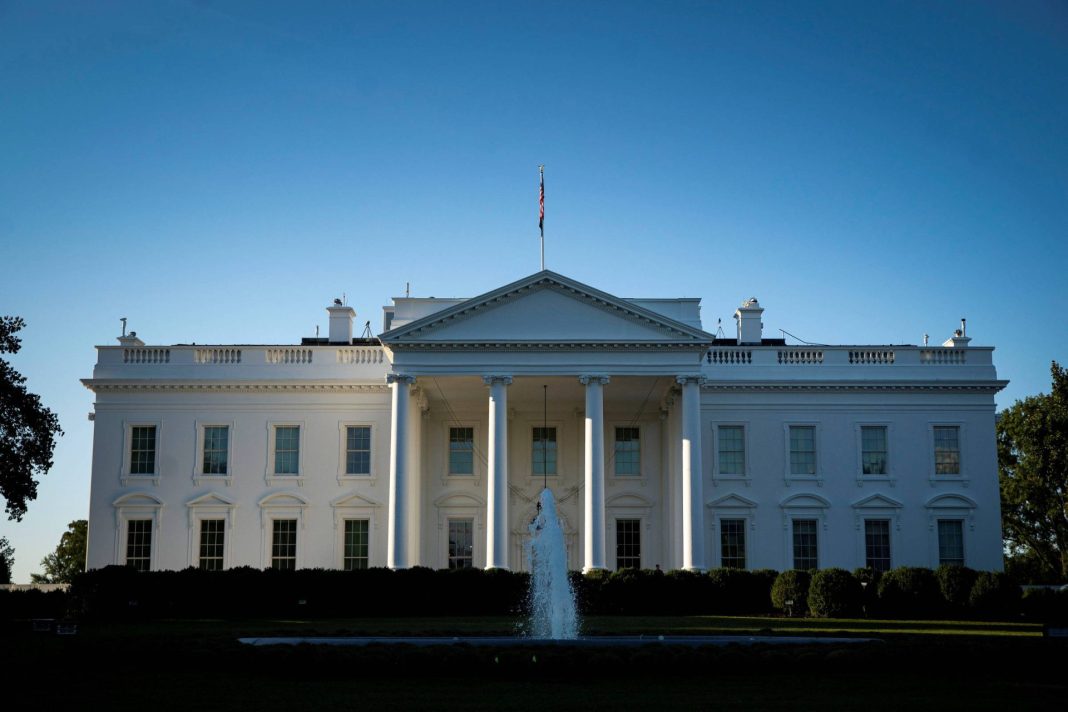“While Israel has declined to comment on Haniyeh’s killing, it informed US officials immediately afterward that it was responsible,” the WaPO reported, quoting three people familiar with the White House’s thinking, but without mentioning their names.
White House officials reacted to the death of Haniyeh with surprise and outrage, seeing it as a serious setback in their attempts to achieve a ceasefire in the Gaza Strip, the newspaper added.
It noted that “behind the scenes” there is growing friction between the US administration and Israel, as the latter continues to take unilateral steps in the conflict that has killed nearly 40,000 Palestinians since the Oct. 7 Hamas attack, which claimed 1,200 lives and around 250 were taken as hostages.
“US officials are also outraged over Israel failing to inform them before launching other operations to assassinate Hezbollah or Iranian commanders,” the WaPo added.
Several administration officials have also told the outlet that many in the White House now see Prime Minister Benjamin Netanyahu, not Iran, as “the chief wild card in containing a broader regional conflagration”.
Secretary of State Antony Blinken said on Tuesday the United States has communicated to Iran and Israel that conflict in the Middle East must not escalate, even as the Pentagon warned that it would not tolerate attacks against its forces in the region.
“We’ve been engaged in intense diplomacy with allies and partners, communicating that message directly to Iran. We’ve communicated that message directly to Israel,” Blinken stated.
The United States will continue to defend Israel against attacks, Blinken continued. He added that everyone in the region should understand the risks of escalation and miscalculation.
“Further attacks only raise the risk of dangerous outcomes that no one can predict and no one can fully control.”
Fears are rising that the Middle East could be tipped into full-blown war following vows by Hezbollah to avenge top commander Fuad Shukr’s killing by Israel in Lebanon, and by Iran to respond to the assassination in Tehran last week of Haniyeh.
For months, the US, Qatar and Egypt have been trying to reach an agreement between Israel and Hamas to ensure a prisoner exchange and ceasefire in the besieged enclave, but efforts have yet to bear fruit. A brief truce in November saw the exchange of some prisoners and hostages.
